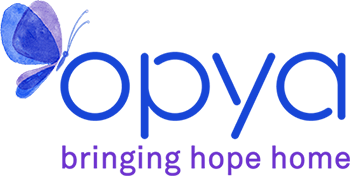If your toddler or preschooler was recently diagnosed with autism spectrum disorder (ASD) your pediatrician may have recommended that you seek “early intervention” care. But, what is early intervention?
What is early intervention?
Early intervention is a term used to describe a range of services and supports available to infants and young children with developmental delays and disabilities and their families.
For children with autism, early intervention services can include various therapies, like Applied Behavioral Analysis (ABA), speech therapy, occupational therapy, and other interventions, tailored to the child’s specific needs and goals.
The primary goal of early intervention services is to provide a child with a solid foundation for their development and offer them the greatest opportunity to reach their full potential.
When can you start early intervention?
As the term implies, early intervention should start early. The earlier you start early intervention the better!
Early intervention can start when a child is an infant (up to 6 years old) and treatments typically last for two to three years.
How can early intervention help your child?
Early intervention therapy can help your child in many different areas of development including:
- Socialization
- Play
- Language and communication
- Self-help
- Regulation
Why is early intervention important?
Most professionals agree that early intervention for autism is essential due to a child’s brain’s “neuroplasticity.” Neuroplasticity is the ability of a person’s brain to form new connections that help it develop as the person learns and experiences new things.
Our brains develop the most in the earliest years of life. That means the earlier we can identify and start services for children with autism, the better chance they have to learn, grow, and succeed.
Learn more about the importance of early intervention.
At Opya, we help hundreds of children with ASD each day using early intervention care. Click here to learn more about the services we provide and how we can help your child and your family.




